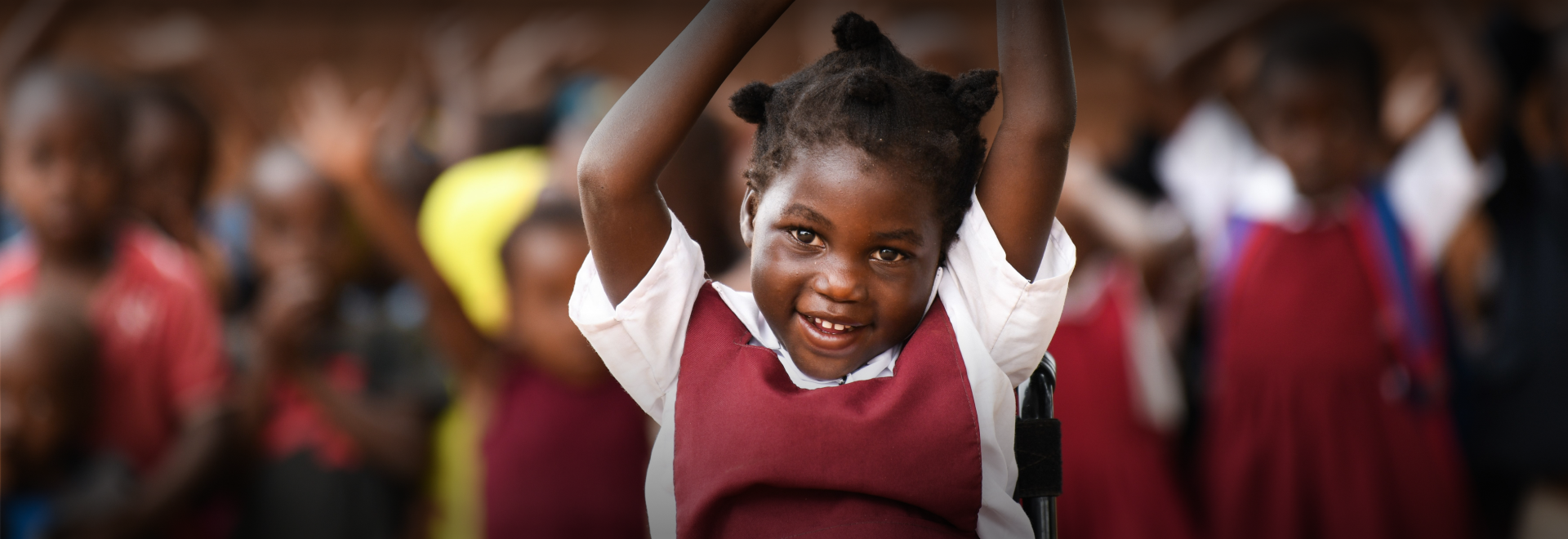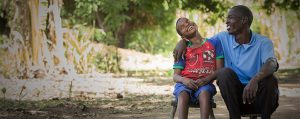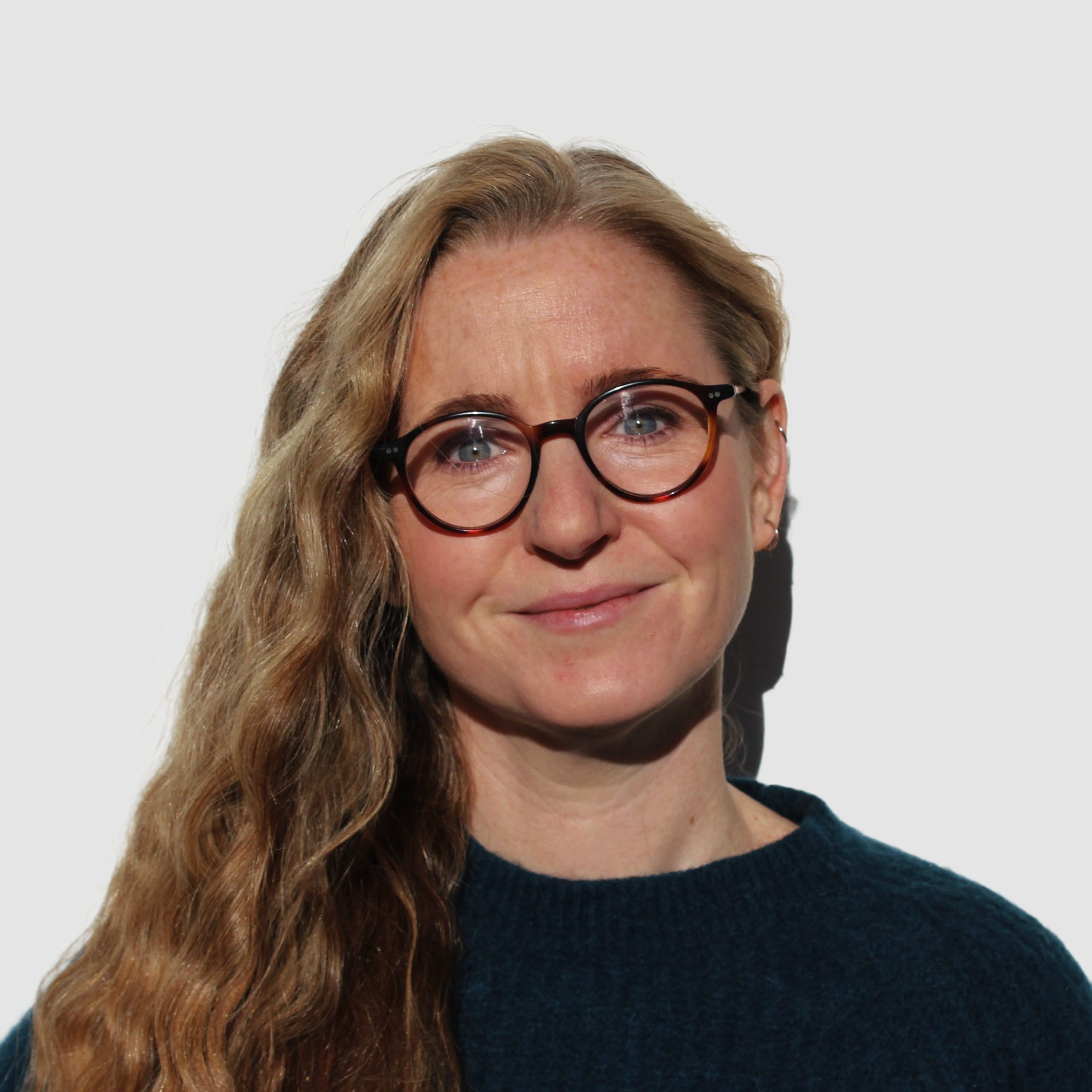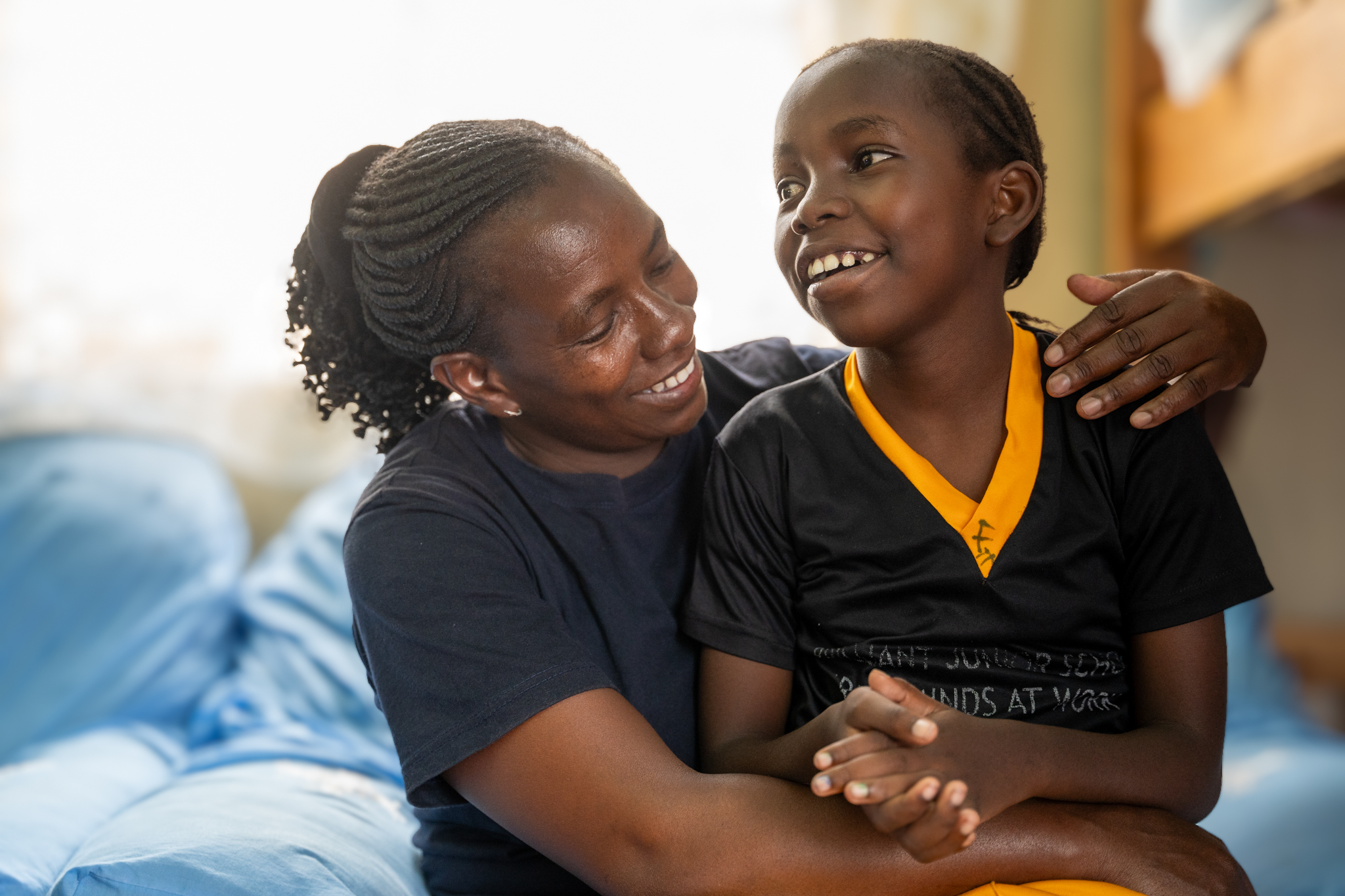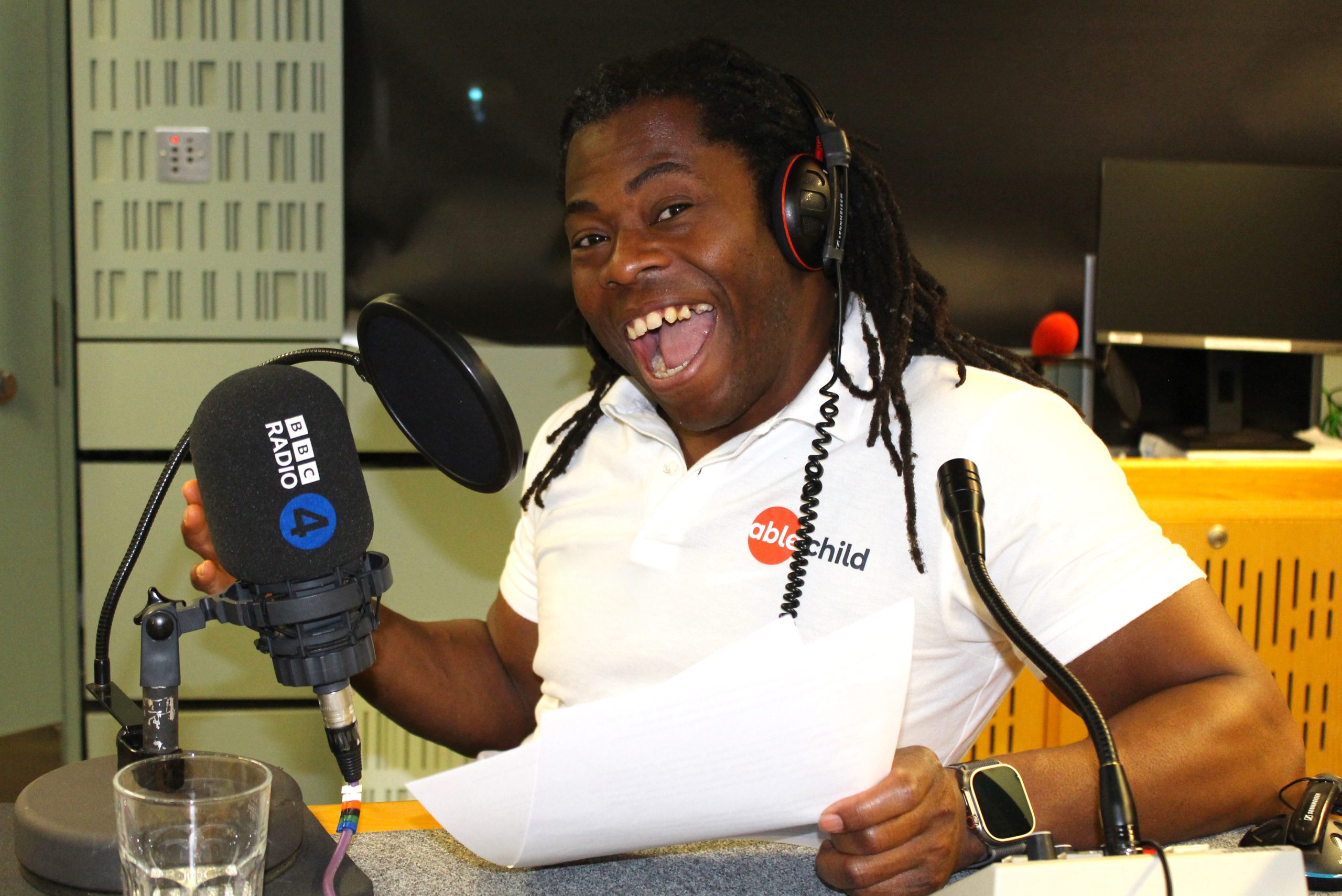At 11 years of age,
I was a founding member of one of the first children’s disability rights groups in the UK, called Young and Powerful. We campaigned for children with disabilities to be able to access inclusive education. Our group comprised of myself and other young people with disabilities, as well as our friends, all of whom were ambitious and eager to fight for the same rights as every other child. We all went to inclusive schools and wanted all children with disabilities to have the same opportunities as we did.
We held meetings with education professionals and attended demonstrations to let policymakers know that we wanted greater equity for children with disabilities within the school system. We were one strong voice; professionals were often surprised by how much we knew. Sometimes we asked adults to help set up meetings and then we did the rest by ourselves. This made it difficult for us to be turned away. As a group, we felt empowered as people listened to us.
However, many children with disabilities throughout the world do not get the chance to fight for their rights. Many children remain out of school: an estimated 240 million children with disabilities around the world are out of education.[i] Children with disabilities remain isolated and stigmatised in society. They are rarely given the opportunity to express what they want: it is all too often that adults and people without disabilities make the decisions, without children having their voices heard. This must change.
The rights of children with disabilities are included in international legislation, such as the UNCRPD. According to the UN’s Convention on the Rights of Persons with Disabilities, children with disabilities have “the right to express their views freely on all matters affecting them”.[ii] For far too long we have overlooked children with disabilities and not acknowledged their views. They are entitled to be listened to. In order to fully realise their rights, society must value their ideas and perspectives, they know what works best for themselves.
In practice, children with disabilities are not always consulted. There are some Organisations of Persons with Disabilities (OPDs) that do great work to ensure children with disabilities are listened to, such as Action Network for the Disabled (ANDY), whose Bridging the Gap[iii] programme has youths with disabilities helping to identify students with additional needs and mentor them, ensuring not only that students’ needs get met, but that youth with disabilities take the lead in this process. But this is infrequent and inconsistent. To improve this, we need to create more opportunities for children with disabilities to be heard, such as the peer-to-peer approach utilised by ANDY, where youth with disabilities mentor other children with disabilities.
As a person with a disability, I want every child with a disability in every country to have their legal rights respected. Children with disabilities deserve their rights to be realised. Together, as an international community, we have a responsibility to move towards a more inclusive world where every child has their human rights respected.
[i] https://www.unicef.org/press-releases/nearly-240-million-children-disabilities-around-world-unicefs-most-comprehensive accessed on 21st June.
[ii] Convention on the Rights of Persons with Disabilities | OHCHR 1 accessed on 21st June.
[iii] http://andy.or.ke/bridging-the-gap/accessed on 21st June.


